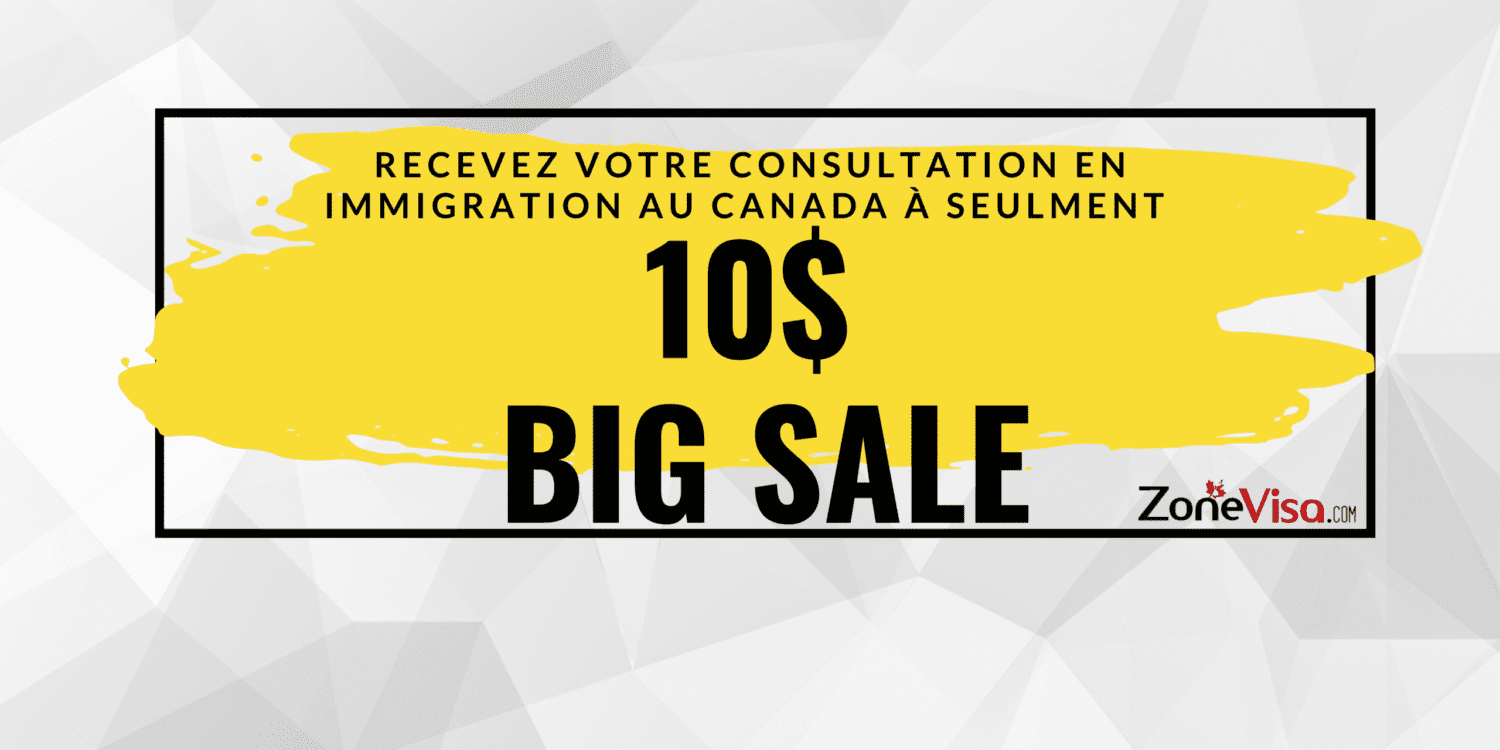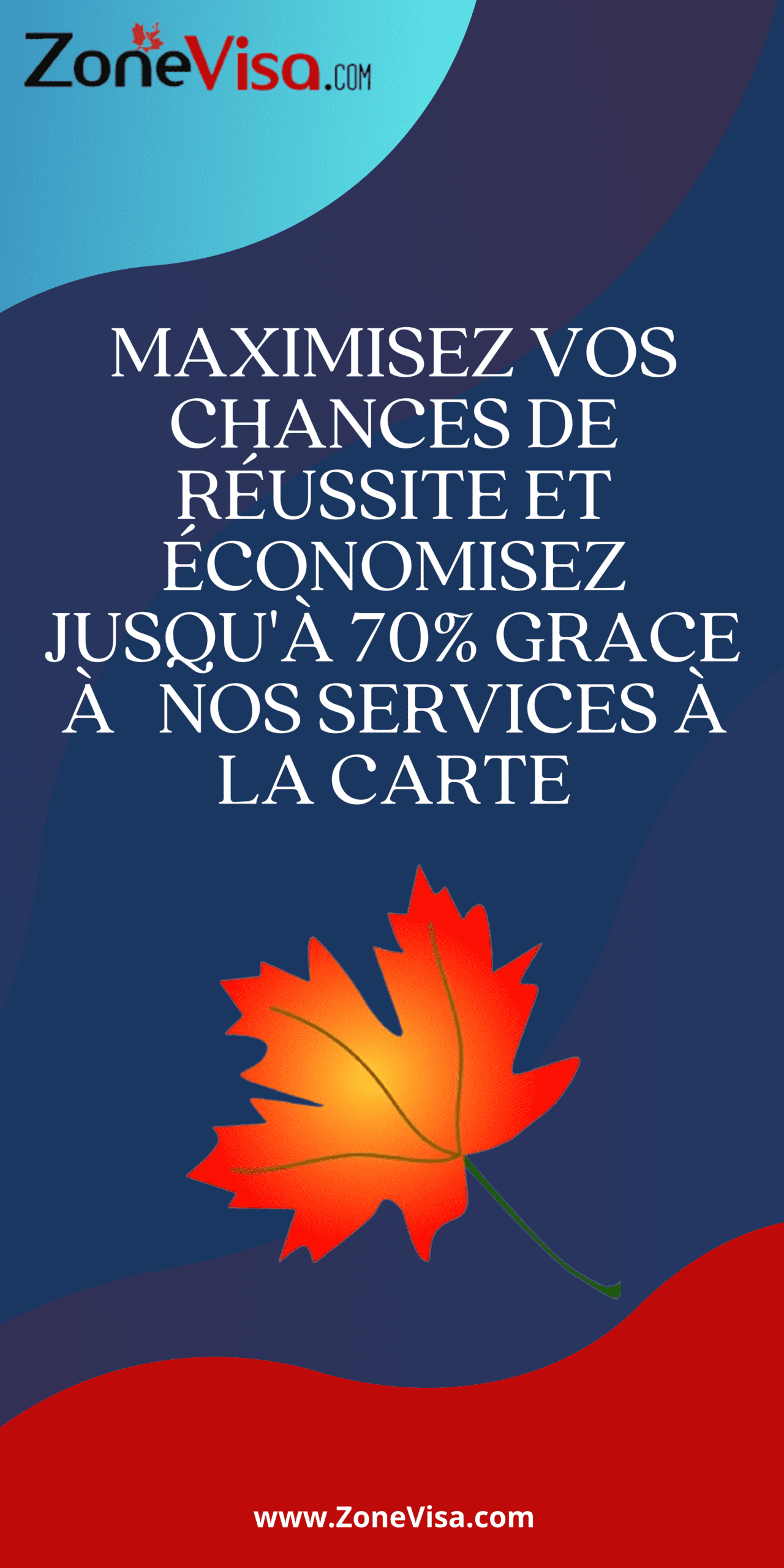Welcome to the ZoneVisa.com blog, your trusted partner in navigating the complexities of Canadian immigration. As a regulated Canadian immigration consultancy firm, we strive to provide the most accurate and up-to-date information to help our clients make informed decisions. In this article, we will explore the latest developments in Canadian immigration that have taken place in the last 10 days. If you’re considering immigrating to Canada, this information is crucial to staying ahead of the curve.
Canada’s Immigration Levels Plan: A Growing Commitment
Canada’s immigration policies continue to evolve, reflecting the nation’s commitment to economic growth, cultural diversity, and humanitarian efforts. One of the most recent updates in Canadian immigration is the announcement of increased immigration levels for 2024-2026. The government plans to welcome more than 465,000 new immigrants in 2024, with the number set to increase steadily over the next two years. The focus will remain on skilled workers, family reunification, and refugees.
The current focus on immigration is crucial for addressing labor shortages in key sectors such as healthcare, technology, and engineering. As the Canadian economy faces challenges due to an aging population, immigration becomes a key solution for ensuring long-term sustainability.
This immigration strategy also aims to attract highly skilled workers through programs like the Express Entry system and the Provincial Nominee Programs (PNPs). These programs are designed to meet the needs of Canada’s provinces and territories, ensuring that newcomers can contribute to the local economy.
Expansion of the Temporary Foreign Worker Program (TFWP)
One of the key announcements in early September 2024 has been the expansion of the Temporary Foreign Worker Program (TFWP). The Canadian government has extended the pilot program, which allows employers in key sectors to hire foreign workers more easily. This includes sectors such as agriculture, manufacturing, and caregiving, which are facing acute labor shortages.
The changes in the TFWP also include streamlined processes for certain occupations, making it easier for employers to hire foreign workers quickly. However, the Canadian government remains vigilant about ensuring that foreign workers are treated fairly, emphasizing the importance of fair wages and good working conditions.
For employers looking to hire foreign workers, the Labour Market Impact Assessment (LMIA) process remains crucial. It ensures that no Canadian workers are available to fill the position, thus safeguarding the local labor market. If you’re an employer struggling to navigate the complexities of hiring foreign workers, ZoneVisa.com can assist you with the LMIA process and ensure compliance with Canadian immigration laws.
Pathway to Permanent Residency for International Students
Canada’s focus on international students has been another major topic in recent immigration news. The Canadian government continues to prioritize pathways to permanent residency (PR) for international students who have completed their studies in Canada.
A new policy introduced in early September 2024 aims to ease the transition from temporary residency to PR for graduates of Canadian institutions. The Post-Graduation Work Permit (PGWP) has been extended for students in certain provinces, giving them more time to gain Canadian work experience, which can significantly boost their Express Entry profiles.
For students who plan to study in Canada, this presents an excellent opportunity to settle in the country permanently. Canada is actively seeking young, educated, and skilled individuals to contribute to its economy, and international students are seen as ideal candidates for long-term immigration.
Changes in Family Sponsorship Programs
Family reunification remains a cornerstone of Canada’s immigration policies. In the latest update, the government has announced new measures to speed up the processing of family sponsorship applications, particularly for spouses and parents. The goal is to reduce processing times and make it easier for Canadian citizens and permanent residents to bring their family members to Canada.
The Parent and Grandparent Program (PGP) has also been expanded for 2024, with more invitations being issued to applicants. This is a welcome change for many families who have been waiting for years to reunite with their loved ones. Additionally, the government has announced plans to introduce a new digital platform that will streamline the sponsorship process, reducing paperwork and improving communication between applicants and immigration authorities.
Refugee Resettlement: Canada’s Global Humanitarian Role
Canada continues to play a leading role in global refugee resettlement. As crises around the world persist, Canada has reaffirmed its commitment to offering protection to those in need. In September 2024, Canada announced that it would increase the number of refugees accepted under its Refugee Resettlement Program, with a particular focus on individuals from conflict zones like Syria, Afghanistan, and Sudan.
Moreover, Canada is enhancing support services for refugees, providing access to language training, employment services, and mental health resources. For individuals seeking asylum or refugee status, navigating the Canadian immigration system can be complex, but our team at ZoneVisa.com is here to guide you through every step of the process.
The Role of the Provincial Nominee Program (PNP)
The Provincial Nominee Program (PNP) remains one of the most popular pathways for skilled workers to immigrate to Canada. In recent weeks, several provinces, including Ontario, British Columbia, and Alberta, have announced updates to their PNPs. These updates focus on attracting workers with skills in high-demand sectors such as technology, healthcare, and construction.
For example, Ontario has expanded its Human Capital Priorities stream to target workers with experience in healthcare professions. British Columbia, meanwhile, has introduced a new tech pilot aimed at attracting skilled workers in the technology sector. These changes make the PNP an even more attractive option for individuals looking to settle in specific provinces and contribute to local economies.
A Streamlined Application Process
In the last 10 days, the Canadian government has made significant strides toward streamlining the immigration application process. A new online portal was introduced in early September, aimed at improving the user experience for applicants. This portal allows individuals to submit applications for permanent residence, work permits, and visas more efficiently. The new system is designed to reduce processing times and improve communication between applicants and immigration officials.
Additionally, there have been improvements in the Express Entry system. The points-based system now provides more transparency for applicants, allowing them to better understand how their profiles are ranked and what they can do to improve their chances of receiving an Invitation to Apply (ITA).
How ZoneVisa.com Can Help You
Navigating Canada’s immigration system can be overwhelming, especially with frequent updates and changes to programs. At ZoneVisa.com, our regulated Canadian immigration consultant is here to guide you through the process, whether you are a skilled worker, student, or refugee seeking a better future in Canada. With our expertise, we will help you find the most suitable immigration pathway and assist with every step of your application process.
If you are considering immigrating to Canada, now is the time to act. Book a consultation with ZoneVisa.com today to get started on your journey to a new life in Canada. Our team is dedicated to ensuring that your immigration process is as smooth and successful as possible.
Thank you for reading. If you found this information helpful, please share this article and subscribe to our channel for more updates on Canadian immigration news.



